Strings, wood, tension and connections
When I first held a violin in my hands, I was amazed by the shiny wood. How the strings connected to the tailpiece and the pegs running across the bridge and the fingerboard with a tension creating a vibration when plucked or bowed to create a sound.
When I opened the back of my piano, I was also fascinated by the intricate workings of the internal mechanisms which prompted the internal hammers to hit the strings and make the sounds when fingers hit the keys.
In both of these cases and most every other instrument that ever touched my hands, the similar nature of the creations used the tension of a tightened string to precipitate the opportunity of a musical sound to be created. That tension has lined the foot path upon which my shoes have traveled through my life.
The amazing miracle of that tension, has allowed me to make some amazing and not so amazing sounds with my fingers.
Those sounds have brought so many unique individuals into my life. Stars who we all know by name, some we once knew but are now fading as the new generations of stars fill people’s ears. Musicians who have created sounds that warm our hearts, spark our memories and uplift our thoughts, have stood within a few feet of me sharing their gifts beside me or me with them.
I could have never thought that possible when I first picked up that ¾ size violin and tucked it under my chin, picked up the bow and scratched a sound that could peel paint out of it.
That tension, those strings and the wood which as craftsman brought together, has given me an opportunity to chase my dreams of standing on stage and sharing what is within my heart and head.
It has made me friends, who similarly hold an instrument and entertain. The strings, the wood, the tension, the miles traveled and the long, long talks to fill that travel make brothers and sisters that will never leave you or forsake you.
They are there in sickness, in happiness, and in sorrow. It may be a helping hand, a performance, a call or so much more, but my music family is such a gift in my life. Sometimes, we may not see one another in years, but we can pick our conversation up where we left off. If we play together, we can once again find our groove usually pretty quickly. It’s actually almost second nature to us.
I could fill this column with dropped celebrity and star names who God brought into my life, but that’s not the focus of what I am sharing with you. If you are really interested, check out the bios on my website or Wikipedia.
My point here is in the case of musicians, unlike most folks, tension is a good thing, and how we connect with other like-talented folks. If I had not found that tension, my life would have been much poorer in the spirit and gifts of other folks. They have uplifted my walk down that foot path of life.
If you have the desire to play, it’s never too late, or perhaps you have a youth with those aspirations. Encourage their desires by leading them into and instrument that they can play throughout their lives and enjoy alone or with a small group of musicians.
The tension has been a bridge to a life I could never imagine. It might do the same for you or yours.

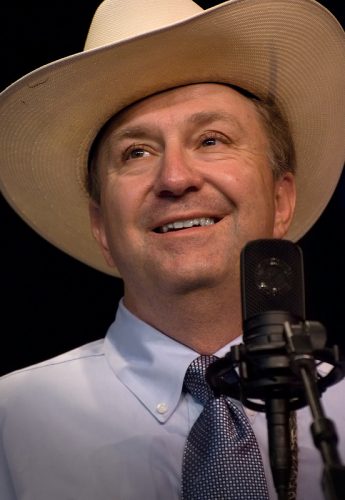 As we both plotted the course for our future careers in Bluegrass and beyond, we saw the opportunity to be cheerleaders, counselors, and sounding boards for ideas and opportunities as they came to us. Our talents and our
As we both plotted the course for our future careers in Bluegrass and beyond, we saw the opportunity to be cheerleaders, counselors, and sounding boards for ideas and opportunities as they came to us. Our talents and our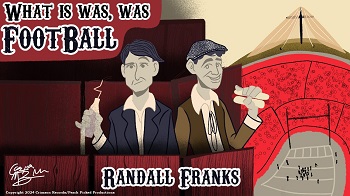
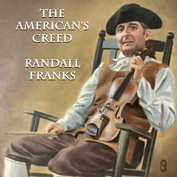 acting, comedy and music into a decades-long career while creating several long-lasting TV series.”
acting, comedy and music into a decades-long career while creating several long-lasting TV series.”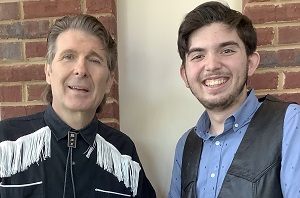
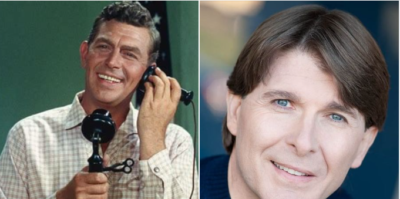 Trivia:
Trivia: 